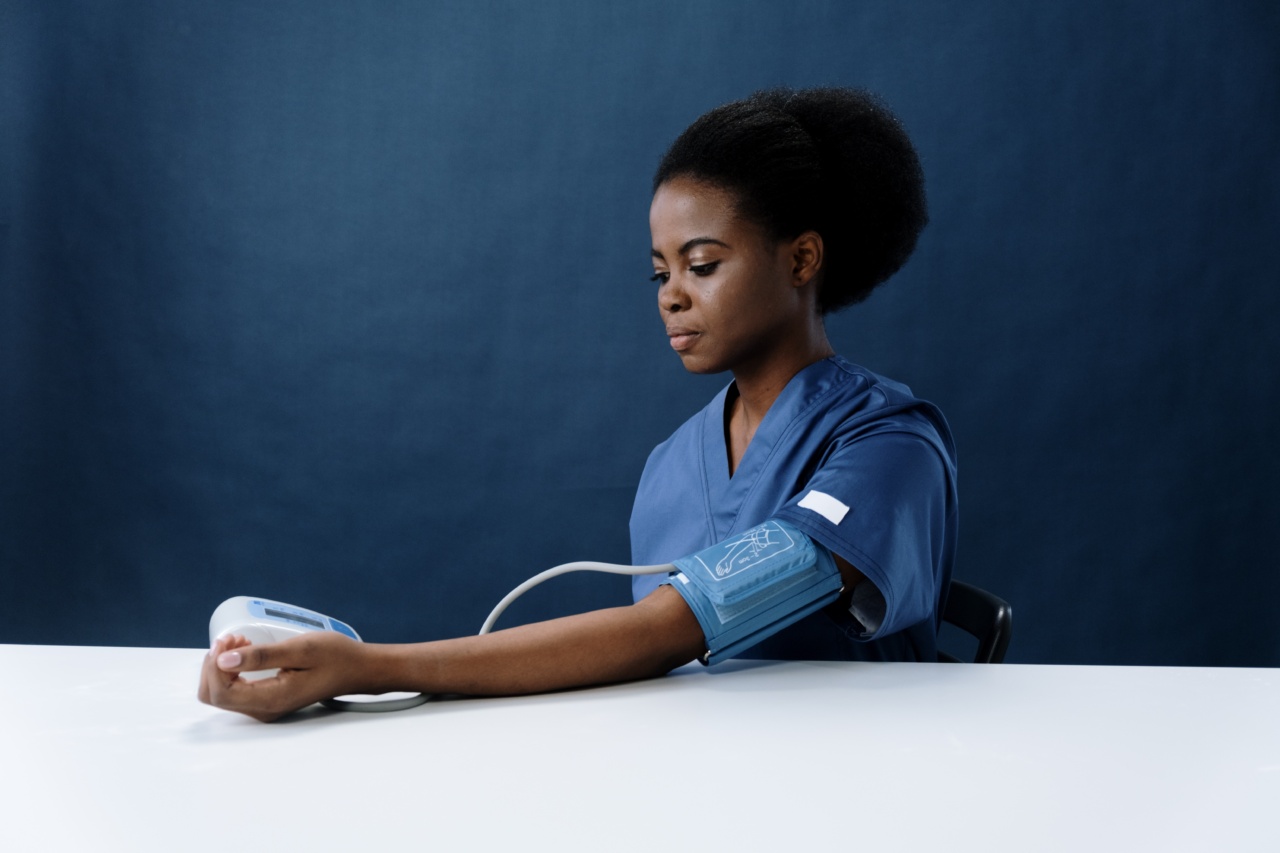Hypertension, commonly known as high blood pressure, is a chronic condition that affects millions of people worldwide, regardless of age, gender, or ethnicity.
It is often referred to as the “silent killer” since it doesn’t usually present any symptoms until it’s too late. According to the Centers for Disease Control and Prevention, high blood pressure affects one in three adults in the United States, and it is a significant risk factor for heart disease, stroke, and other complications.
However, what many people don’t know is that hypertension is more prevalent in women than in men, and it can have a profound impact on their health and well-being.
The Prevalence of Hypertension in Women
Women are more likely than men to develop high blood pressure, especially after menopause. According to a study published in the American Heart Association’s journal Hypertension, over 50% of women over the age of 65 have hypertension.
Furthermore, hypertensive disorders of pregnancy, such as preeclampsia, are a common cause of hypertension in young women. High blood pressure during pregnancy can lead to complications such as preterm labor, fetal growth restriction, and even maternal death.
The Impact of Hypertension on Women’s Health
Hypertension can have a detrimental effect on women’s health, increasing the risk of heart disease, stroke, kidney disease, and other complications. Here are some of the ways hypertension can affect women:.
Cardiovascular Disease
Hypertension is a significant risk factor for cardiovascular disease, which is the leading cause of death among women in the United States.
High blood pressure can damage the arteries that supply blood to the heart, increasing the risk of heart attack, heart failure, and other cardiac events.
Stroke
Women are at higher risk of stroke than men, and hypertension is a leading cause. High blood pressure can damage the blood vessels in the brain, increasing the risk of stroke.
Kidney Disease
Hypertension can damage the kidneys, leading to kidney disease or kidney failure. Women with hypertension are at higher risk of developing kidney problems than men.
Mental Health
Hypertension can also affect women’s mental health, leading to increased anxiety, depression, and stress. Studies have shown that women with hypertension are more likely to experience these mental health issues than men with hypertension.
Managing Hypertension in Women
Hypertension is a chronic condition that requires ongoing management and monitoring. Here are some strategies for managing hypertension in women:.
Lifestyle Changes
One of the first steps in managing hypertension is making lifestyle changes. These include exercise, healthy eating, reducing sodium intake, managing stress, and quitting smoking.
Medications
If lifestyle changes alone are not enough to control hypertension, medications may be necessary. There are several classes of medications used to treat hypertension, including diuretics, ACE inhibitors, calcium channel blockers, and beta-blockers.
It’s essential to work with a healthcare provider to find the right medication and dosage for each individual.
Regular Monitoring
Hypertension requires ongoing monitoring, including regular blood pressure checks and visits with a healthcare provider.
Women should also regularly check their blood pressure at home and keep track of their readings, as this can help with managing and adjusting treatment as needed.
Conclusion
Hypertension is a significant health concern for women, and it’s crucial to recognize the risks and take steps to manage it.
By making lifestyle changes, taking medications as prescribed, and regularly monitoring blood pressure and seeking healthcare when necessary, women can reduce the risk of hypertension-related complications and maintain good overall health.































